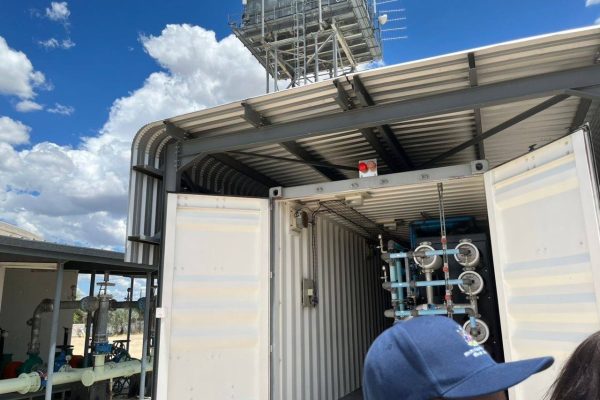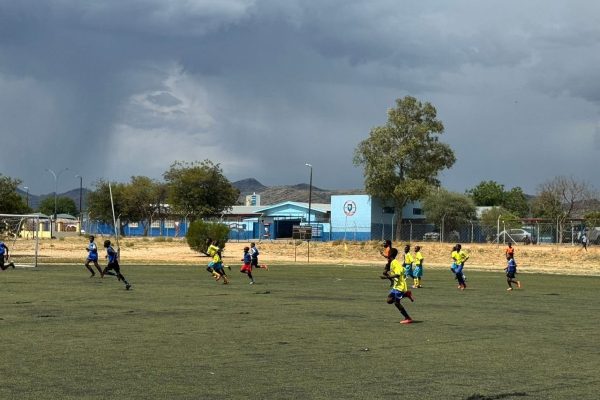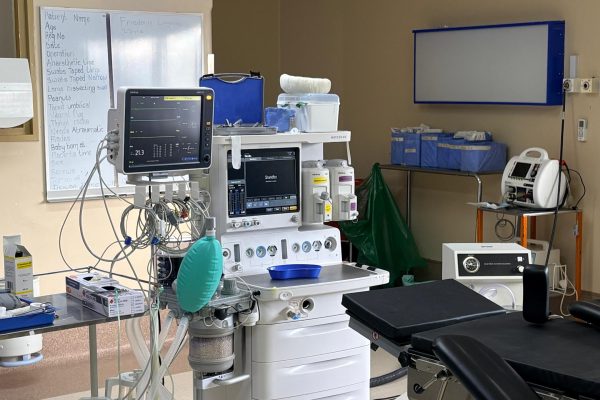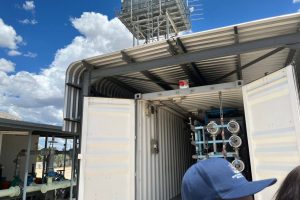
By: Annakleta Haikera
Medium-scale farmers at the Sikondo Green Scheme are urging the government to implement strong policies that compel public institutions to procure food directly from local producers.
This demand was voiced during a visit by Prime Minister Elijah Ngurare and Minister of Agriculture, Fisheries, Water and Land Reform, Inge Zaamwani-Kamwi, to the Sikondo Green Scheme on Monday.
According to farmer Patson Mbenjani, government institutions such as the Namibia Defence Force (NDF), schools, and hospitals should be mandated to purchase produce from local schemes.
“We are producing, but we have no guaranteed buyers,” Mbenjani said.
“We’re asking the government to ensure that institutions buy from us so we can sustain operations and repay loans,” he added.
Farmers at Sikondo say they are struggling to settle debts of up to N$800,000 due to limited market access and inconsistent sales. They believe a local procurement policy would provide a lifeline, boost food security, and stimulate rural economies.
“We’re not asking for handouts. We want fair access to local markets,” said Albert Mutesi, another farmer.
“If hostels, schools, and hospitals buy our produce, we can grow more, employ more people, and feed the nation,” added Mutesi.
Mutesi also called for input subsidies, improved market access, and better infrastructure to support farming activities. He lamented the rising costs of production, saying he expects to spend N$468,000 this planting season on seeds, fertilisers, and chemicals alone.
“We’re not making any profit at all. There’s literally nothing coming in. It’s very stressful and unsustainable, considering electricity costs and rising input prices have reduced our yields,” Mutesi explained.
“We used to harvest 160 to 170 tonnes from 20 hectares, now it’s significantly less,” he concluded.
Sikondo Farm Manager Maxwell Nghidinwa also criticised the fragmented approach by State-Owned Enterprises (SOEs) in procurement.
“SOEs are operating in silos. They are ignoring green schemes that are producing vegetables,” he said.
“Two years ago, the Ministry of Education engaged us to align hostel procurement with our produce, but nothing has materialised,” he further stated, stressing that the government must lead by example.
“Government must buy from its own initiatives first. Only then can we talk about broader markets,” Nghidinwa highlighted.
Marketing remains a key challenge. Farmers say even after a successful harvest, they often struggle to find buyers. Namibia currently imports about 70% of its food and fertilisers – mainly from South Africa – with high transportation costs inflating prices.
In response, Agriculture Minister Zaamwani-Kamwi acknowledged the farmers’ concerns and reaffirmed the government’s commitment to supporting local producers.
Prime Minister Ngurare underscored the need for a collaborative approach between farmers, traditional authorities, and policymakers to strengthen agricultural development in the region.
This renewed call adds momentum to national conversations around food security, rural development, and economic empowerment through local procurement.









